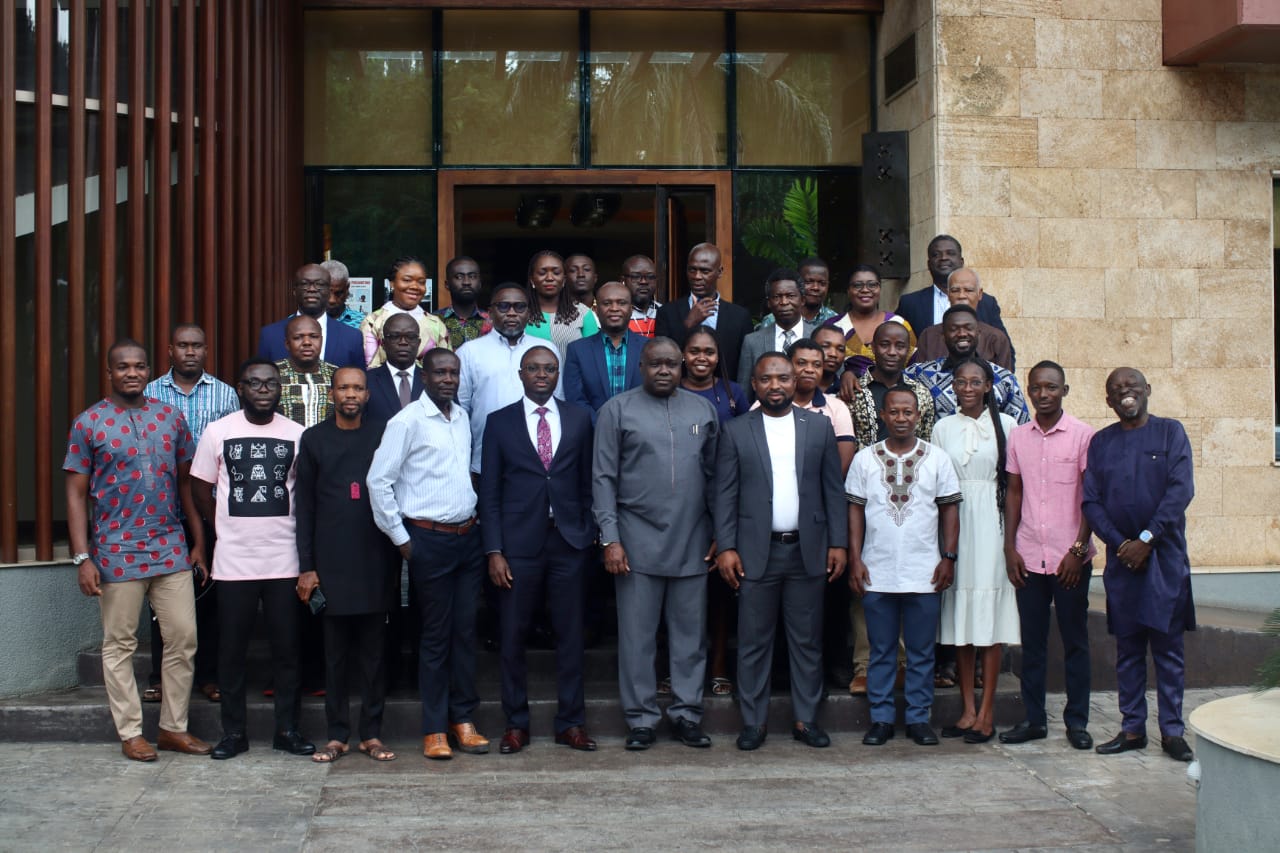The Bank of Ghana has organized training for financial journalists aimed at building their capacity to improve understanding and communication of monetary policy issues.
The maiden training workshop on the theme “Sustaining the Recovery: The Role of the Journalist in Building Confidence” is part of the Bank’s strategic measures aimed equipping financial and business journalists to play key roles in the dissemination of economic and financial information to the public.
The Governor of the Bank of Ghana, Dr. Ernest Addison at the opening of the training workshop noted that the training was appropriate and timely especially as global uncertainties are becoming complex with accelerating inflation, persisting and broadening supply chain bottlenecks as well as softening confidence — all of which have been amplified by the geopolitical tensions between Russia and Ukraine and among others putting the Ghanaian economy under severe pressure with inflation soaring and exchange rate fluctuation.
In a speech read on his behalf by the Director of Research at BoG, Dr. Philip Abradu-Otoo, the Governor explained that these effects could be further marred by a lack of clear understanding or accurate reportage, hence defining a crucial role for the media to sustain the recovery via accurate reportage to help calm financial market participants and build confidence in the economy during these periods of heightened uncertainty was crucial.
Data from the Ghana Statistical Service showed that Ghana’s economy has rebounded strongly from the impact of the Covid-19 pandemic, stemming largely from all the policy measures that were put in place to forestall a recession.
This is evidenced by the strong real GDP growth outturn of 5.4 percent reported for 2021, compared with 0.5 percent in 2020. Non-oil GDP grew at a stronger pace by 6.9 percent in 2021, significantly up from 1.0 percent in 2020. The strong pick-up in economic activity was largely driven by the services and agriculture sectors.
According to the Governor, though these developments point to a robust economy, downside risks remain, including tightening external financing conditions, lingering supply chain bottlenecks and further headwinds from a protracted Russia-Ukraine war.
The Governor therefore called for both fiscal and monetary policies to remain vigilant and ready to take additional policy measures as well as structural reform if necessary to improve confidence about the economy so as to sustain the economic recovery
The Central Bank believes that when these structures are firmly established and institutions are working to deliver their best, then, together with sound pursuit of monetary policy actions, should help re-anchor inflation expectations, regain macroeconomic stability and restore investor confidence in the economy” he stressed.
He therefore charged the press to use all available data at their disposal, to drive analytical discourse and exude confidence.
Journalists must go beyond the data provided them and do more interrogation of the data to understand better, the data generating facts. All these work in concert to engender economic confidence and this is where we ought to be moving towards, he urged.
He observed that the BoG see the role of journalists as key facilitators on the transmission mechanism of policy actions.
Accurate reportage helps transmit policies quicker and monetary policy becomes efficient. Time and again we in Africa have complained about weak transmission of monetary policy. But we must know that there is a relationship between freedom of the press and transmission of monetary policy action and an educated population. A free press operating in an environment where data is easily assessable is more efficient and supports transmission of policy actions to the economy in an efficient manner”, he admitted.
